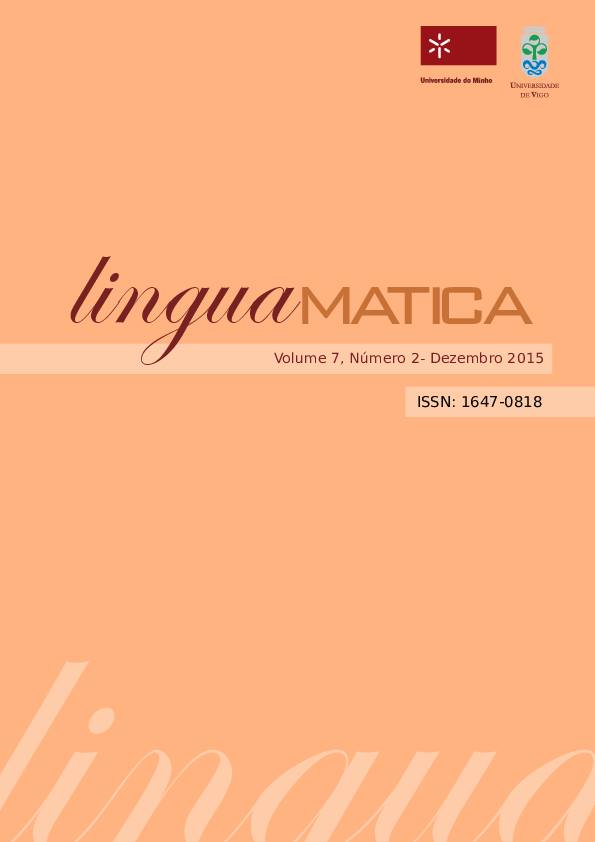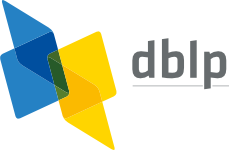ASinEs: Prolegomena to an atlas of syntactic variation in Spanish
Abstract
<p>This paper introduces the <a href="http://www.asines.org">ASinEs</a>, an atlas-based application devoted to the study of the syntactic variation of Spanish geolects. This project is ground-breaking, as there is no other atlas exclusively devoted to study the geolectal variation of geolectal variants of Spanish. Although ASinEs was originally conceived to explore the current geolects of Spanish, its flexibility allows it to study both the geolects of previous stages and the geolects of other close-by languages. This provides us with a po-werful tool to study variation of both Romance and non-Romance languages (Basque, English, Amerindi-an languages, etc.). </p><p>This project is being developed in collaboration with the <i>Centre de Lingüística Teòrica</i> (Universitat Autònoma de Barcelona), the <i>IKER Center</i> at Bayonne (France), and the <i>Real Academia Española</i>.</p>
Published
2015-12-30
How to Cite
Cerrudo, A., Gallego, Ángel J., Pineda, A., & Roca, F. (2015). ASinEs: Prolegomena to an atlas of syntactic variation in Spanish. Linguamática, 7(2), 59-69. Retrieved from https://linguamatica.com/index.php/linguamatica/article/view/V7N2.5
Issue
Section
Project Presentations
Authors who publish with this journal agree to the following terms:
- Authors retain copyright and grant the journal right of first publication with the work simultaneously licensed under a Creative Commons Attribution License that allows others to share the work with an acknowledgement of the work's authorship and initial publication in this journal.
- Authors are able to enter into separate, additional contractual arrangements for the non-exclusive distribution of the journal's published version of the work (e.g., post it to an institutional repository or publish it in a book), with an acknowledgement of its initial publication in this journal.
- Authors are permitted and encouraged to post their work online (e.g., in institutional repositories or on their website) prior to and during the submission process, as it can lead to productive exchanges, as well as earlier and greater citation of published work (See The Effect of Open Access).













